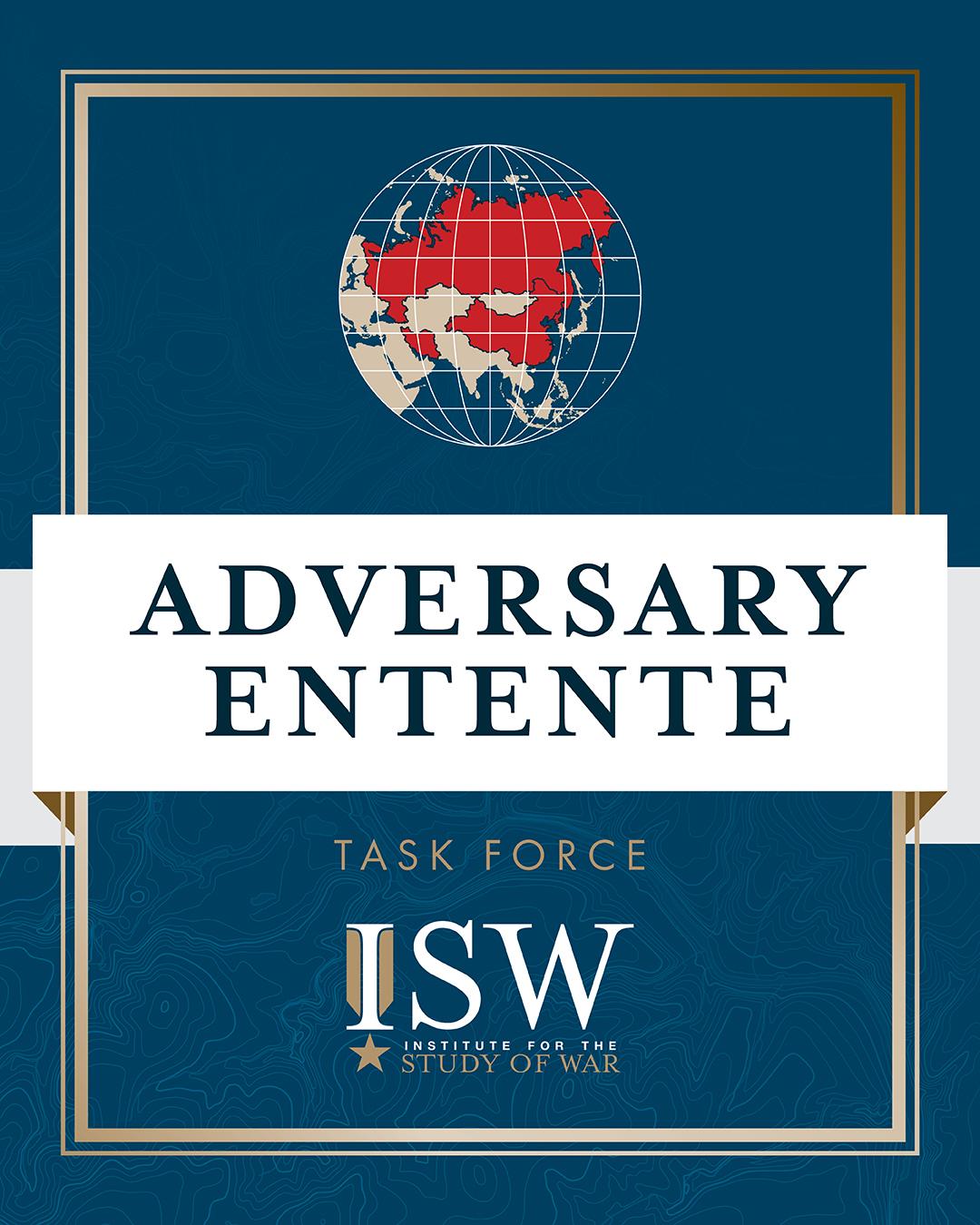Russian President Vladimir Putin offered to facilitate the United States-Iran nuclear negotiations. Putin likely seeks to portray Russia as a useful collaborator and partner that the United States needs to achieve certain global outcomes. Putin held a phone call with US President Donald Trump on June 4, during which they discussed the nuclear talks. Putin said that he "could be helpful" in quickly concluding negotiations with Iran and emphasized that Iran must make a "decision" "quickly," according to Trump. Kremlin Presidential Aide Yuriy Ushakov claimed that Trump said during the call that the United States may need Russian help and would be grateful if Russia could work with Iran in the nuclear negotiations. Russian Deputy Foreign Affairs Minister Sergei Ryabkov met with Iranian Ambassador to Russia Kazem Jalali on June 5 and discussed the Iranian nuclear program, the United States-Iran talks, and the International Atomic Energy Agency (IAEA) Board of Governors meeting that includes discussions on Iranian non-compliance with its nuclear commitments. Ryabkov said on June 8 that Russia is actively seeking "negotiated solutions" regarding the nuclear negotiations.
Russian officials have signaled in recent months that the Kremlin is interested in mediating the nuclear negotiations. Bloomberg reported on March 4, citing people familiar with the matter, that Russia agreed to assist the Trump Administration in communicating with Iran, and Kremlin spokesperson Dmitry Peskov told Bloomberg that Russia is "ready to do everything in its power" to help the United States and Iran negotiate. Ushakov claimed on March 4 in response to a question about the Bloomberg article that the United States and Russia agreed during negotiations in Riyadh on February 18 to hold separate talks about the Iranian nuclear program.
Key takeaways:
- Iranian nuclear negotiations: Russian President Vladimir Putin offered to facilitate the United States-Iran nuclear negotiations. Putin likely seeks to portray Russia as a useful collaborator and partner that the United States needs to achieve certain global outcomes. It is far from clear, however, that Russia has the leverage to help secure a nuclear agreement.
- Iranian military learning: The Iranian Supreme National Defense University published its first-ever analysis on military lessons from the Russia-Ukraine war. The analysis may reflect whatever consensus is forming in the Iranian military establishment. The analytical insights focus especially on strategic innovation, tactical and operational drone operations, electronic warfare, and ground combat.
- PRC-Russian tensions: Russian intelligence has reportedly grown concerned about PRC espionage since the beginning of the Russia-Ukraine war. The FSB has reportedly concerned that the PRC seeks to exploit the Russian focus on fighting Ukraine, according to the New York Times. The PRC is specifically interested in recruiting spies and obtaining sensitive military information.
- Russia-North Korea cooperation: Russian Security Council Secretary Sergei Shoigu recently visited North Korea, highlighting the reality that the expanding Russian-North Korea ties are an enduring geopolitical shift rather than a temporary alignment of interests. Shoigu’s visit, during which he met with Kim Jong Un is his second to North Korea in less than three months.
| 




 [ISW] 러시아군 생성 및 기술 적응 업데이트 2025년 6월 11일
[ISW] 러시아군 생성 및 기술 적응 업데이트 2025년 6월 11일
 [국방부] "나라를 위한 헌신을 잊지 않고 전쟁 영웅을 끝까지 찾...
[국방부] "나라를 위한 헌신을 잊지 않고 전쟁 영웅을 끝까지 찾...